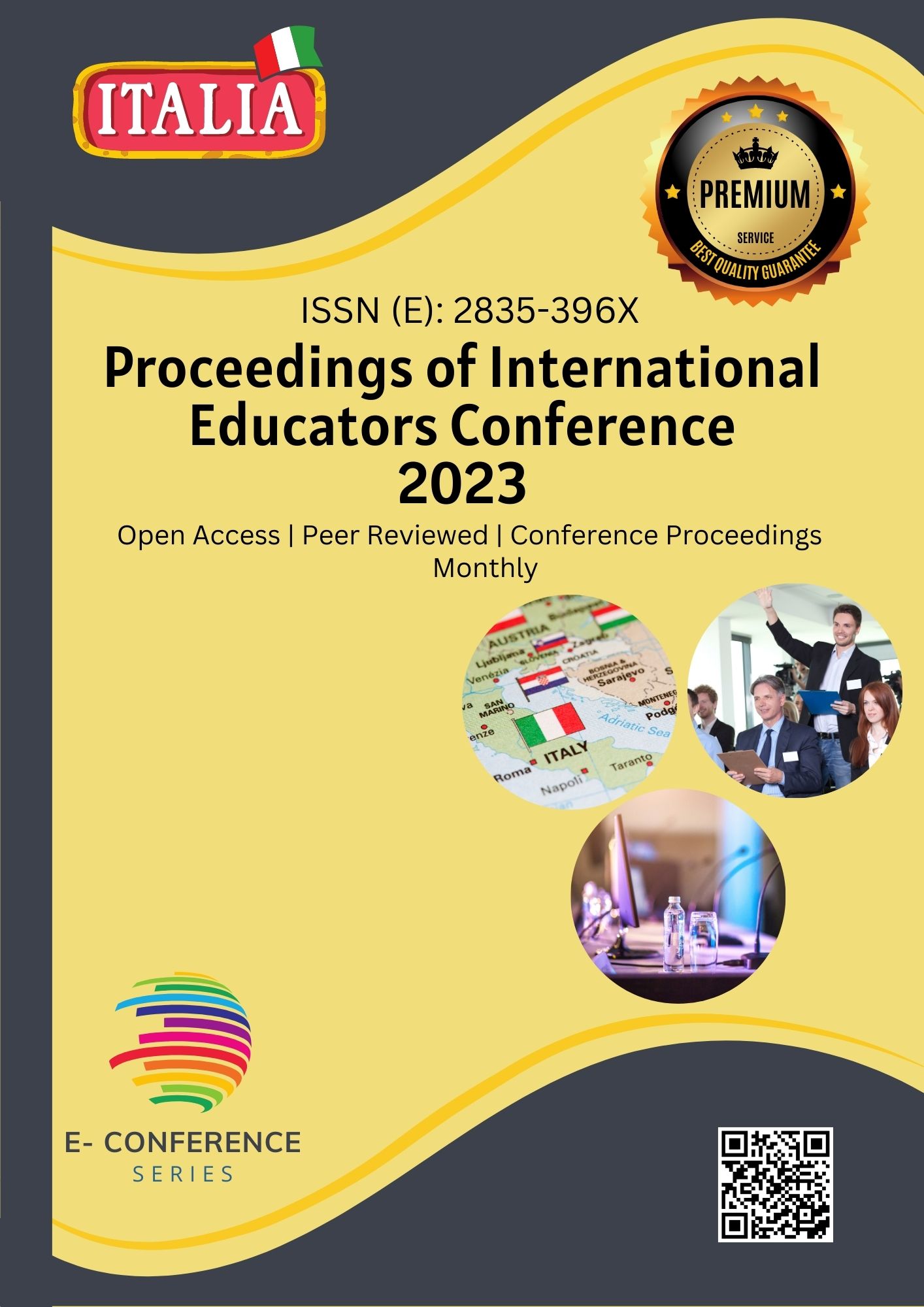THE DIFFERENCE AND SIMILARITIES BETWEEN ENGLISH AND UZBEK FOLKLORE
Keywords:
Folklore, English folklore, Uzbek folklore, cultural context, storytelling, archetypes, narratives, proverbs, moral lessons, cross-cultural understanding, performance practices, historical influences, shared themes, societal values, cultural appreciation.Abstract
This thesis explores the intricate tapestry of English and Uzbek folklore, highlighting both their distinctive characteristics and shared themes. It examines the cultural contexts that shape each tradition, revealing how historical events and societal values influence storytelling, motifs, and characters. By analyzing key narratives, proverbs, and performance practices, the study identifies common archetypes and moral lessons that transcend cultural boundaries. Ultimately, this research underscores the importance of folklore in fostering cross-cultural understanding and appreciation.
References
Aarne, Antti, and Thompson, Stith. "The Types of the Folktale: A Classification and Bibliography." Suomalainen Tiedeakatemia, 1928.
Alimov, Shukhrat. "Uzbek Folklore: A Collection of Traditional Stories." Sharq Publishing House, 2005.
Anisimova, E. (2003). Linqvistika teksta i mejkul’turnaya kommunikasiya [Text linguistics and international communication – on the basis of creole texts]. Мoscow: Academia (in Russian)
Apakova, M. (2006). "Uzbek Folklore: Mythology, Legends, and Tales." Tashkent: Uzbekistan Publishing House.
Babanazarov, B. (2010). "Folklore of Uzbekistan: Proverbs, Sayings, and Customs." Tashkent: Uzbekistan National Academy of Sciences.
Downloads
Published
Issue
Section
License

This work is licensed under a Creative Commons Attribution-NonCommercial 4.0 International License.








